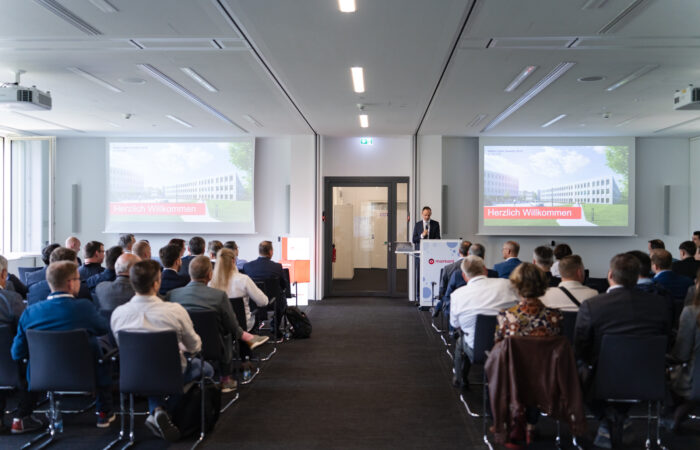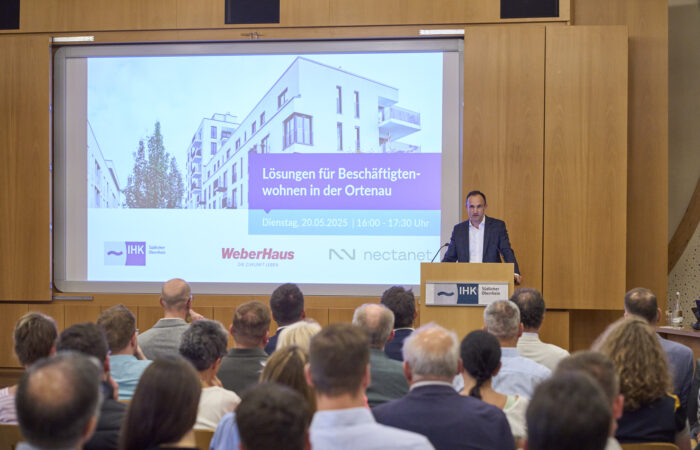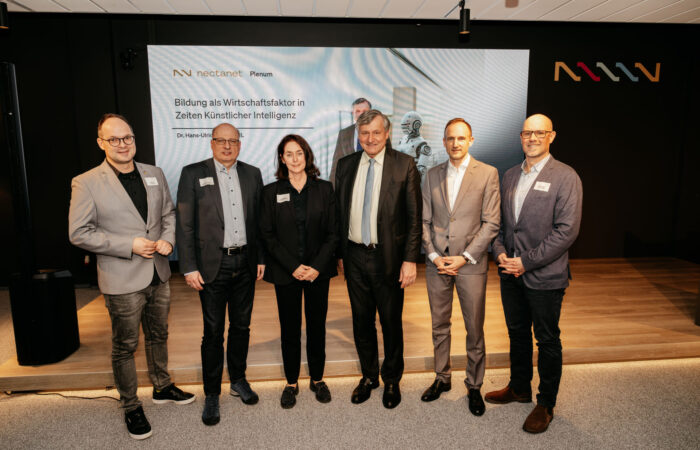Dialog Dollenberg: Focus on China
Bad Peterstal-Griesbach. In its last edition in 2023, Dialog Dollenberg focused on economic issues relating to China. According to the press release, the participants discussed the rapid economic development in China and its impact on the European and German markets in the packed Spiegelsaal at the Superior Hotel Dollenberg in Bad Peterstal-Griesbach. State Justice Minister Marion Gentes, who comes from Ortenau, and Member of the Bundestag Thomas Bareiß (Zollernalb-Sigmaringen constituency, both (DU) were present. Carlo Lazzarini, CEO of PWO AG (Progresswerk Oberkirch), gave a presentation. According to the press release, the Oberkirch-based automotive supplier also produces components for the automotive industry in Suzhou, China, with more than 300 employees. Lazzarini addressed the speed at which China is flooding the global car market with e-cars: “By 2030, every third car sold worldwide will be produced in China,” he is quoted as saying.
Promoting innovation
China has long since taken the technological lead in the field of e-mobility. “While we are still raving about past successes, others have long since created facts,” says Lazzarini. But it is not yet too late. Lazzarini is relying on the “enormous innovative strength of medium-sized industrial companies” in Germany. However, this requires better framework conditions, and innovation must be encouraged rather than hindered. Lazzarini said that Germany could not afford to neglect China despite its focus on the USA. “Where is China heading?” asked expert Jörg Wuttke, long-standing President of the German-Chinese Chamber of Commerce in Beijing and BASF representative in China. According to the press release, he used figures to trace the technological development of the Middle Kingdom, discussed its political transformation with ever stronger tendencies towards communism and its role in world politics. China is also struggling with structural crises and economic growth is slowing down. According to Wuttke, Germany must think and act more geopolitically and strategically in this situation instead of becoming dependent on other countries.
Regional economy
“China has become an integral part of the regional economy,” emphasized Dominik Fehringer with regard to Ortenau. The Managing Director of Nectanet, the former Offenburg/Ortenau Economic Region (WRO), shed light on the interplay – and above all the differences – between the Chinese and regional economies. Fehringer also warned against one-sided dependencies and called for a state that is more capable of acting and more open to new trends. “We have no time to lose,” said Fehringer.
An article in the Mittelbadische Presse.
https://mittelbadische.de/







